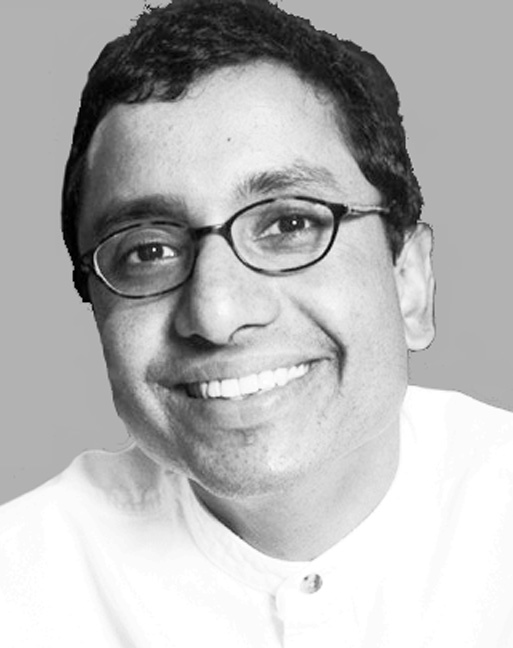
The short answer to this question: Those who perform well in math olympiads are very likely to do well in research, however there are successful researchers in mathematical research who did not excel in math olympiads.
Among the crème de la crème in the intellectual arena are the gifted students who win medals in the high school mathematics olympiads, such as the
International Mathematical Olympiad
(IMO), and the collegiate Putnam Competition. Many of these go on to win a Fields Medal or a Nobel Prize. But what are their career trajectories? The table below was compiled from the two editions of
A Mathematical Mosaic: Patterns & Problem Solving
by Ravi Vakil, Professor of Mathematics at Stanford and current President of the American Mathematical Society.
In his first edition of this classic book, he profiled 11 of the top medal winners of these mathematical competitions as they embarked on their post graduate studies. At that time, most of them were in their early to mid 20’s and near the peak of their fluid intelligence. For the second edition, 12 years later, Dr. Vakil tracked down his former IMO competitors and updated their profiles, showing where they were a dozen years after completing their graduate degrees and embarking on their careers.
Table 9–3 is the summary.
Many of the superstars who won a Fields medal or a Nobel Prize had first appeared on the horizon of intellectual promise as winners of the William Lowell Putnam competition. This competition is the Super Bowl of intellectual prowess at the collegiate level. Among the winners of Putnam competitions are some of the celebrated icons of the mathematics and physics world. Included in this pantheon are Fields Medalists John Milnor (1962), Paul Cohen (1966), John G. Thompson (1970), David Mumford (1974), and Daniel Quillen (1978).
Physics Nobel Laureates who have received Honorable Mention or better were Richard Feynman, a Putnam Fellow in 1939, Kenneth G. Wilson, a two-time Putnam Fellow, Steven Weinberg, and Murray Gell- Mann. The Nobel Prize winner in Economics, John Nash, made famous in the movie A Beautiful Mind. finished in the top ten of 147 individuals in 1947. However, in 1962, the only one we all knew was the entertaining and eccentric physicist, Richard Feynman. So, success in math olympiads is a good predictor of future success in research.
